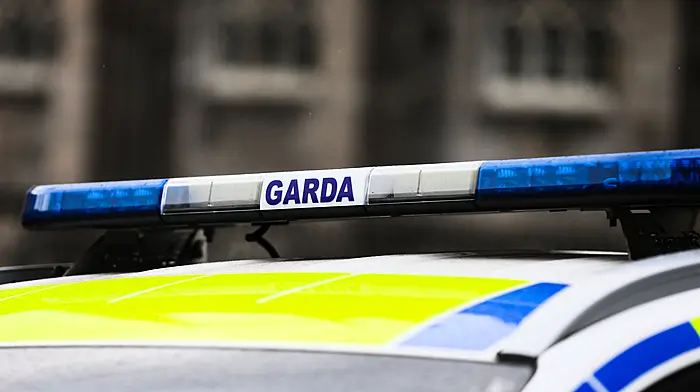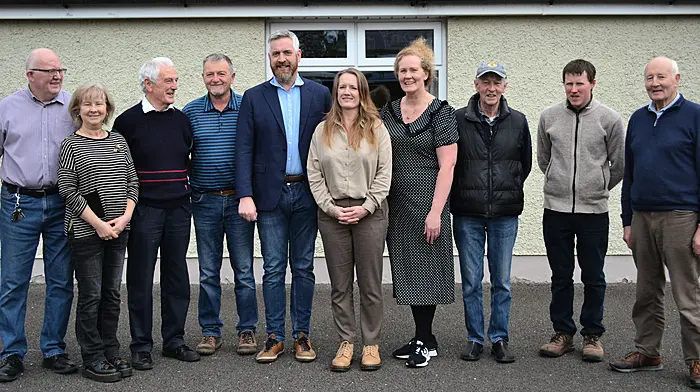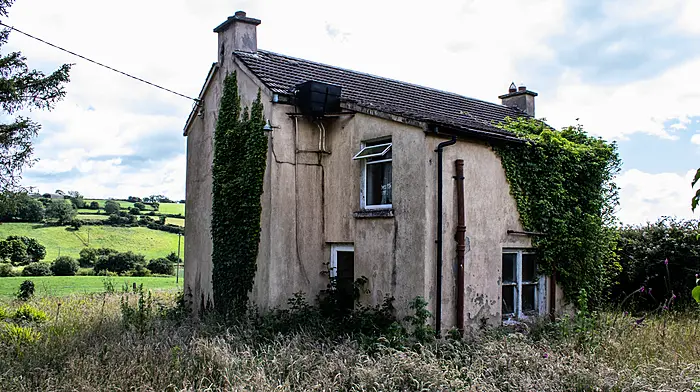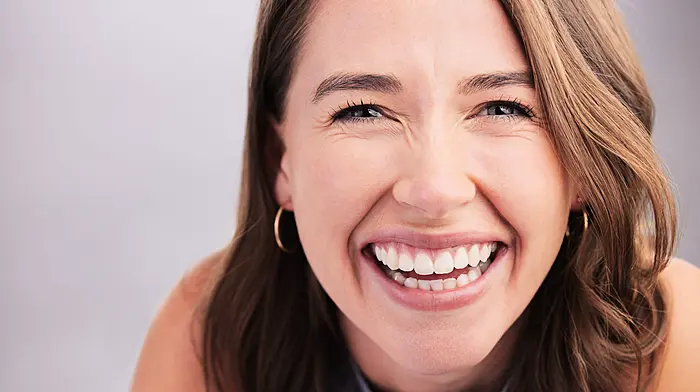As schools return and students become increasingly exposed to challenging sexual behaviour online and in-person, Emma Connolly hears how local schools are part of a pilot programme to teach pupils about consent
SIX West Cork secondary schools are taking part in a bespoke programme to teach students about sexual consent, know how to recognise what’s a healthy relationship and learn how to call-out unacceptable behaviour.
The pilot programme is devised by Prof Louise Crowley of UCC’s school of law and will be delivered to TY students in three Bandon schools – St Brogan’s, Presentation Secondary School and Bandon Grammar; Schull Community School, Sacred Heart Secondary School Clonakilty and Maria Immaculata Community College, Dunmanway this academic year.
Funded by the Irish Research Council, it stemmed from Prof Crowley’s ‘Bystander Intervention programme’ which was piloted in 2016 and is now available to all staff and students at University College Cork, and across the third level sector.
‘It became very obvious to me when working particularly with first year students, that too many were coming in already victims of sexual harassment, hostility and violence; and perpetrators had embedded toxic behaviours and attitudes they had developed as teens, so from this I was acutely aware that we were already reaching too many of them too late,’ she explained.
In 2019 she worked with an initial group of seven schools – including Bandon Grammar and St Brogan’s in delivering the Bystander programme.
But after the tragic murder of Aisling Murphy, over 80 schools from across the country got in touch looking for her expertise.
‘We now have trained 130 teachers in 45 schools nationwide – including six from West Cork– who have committed to delivering the programme to their TY and some 5th year students this year,’ she said.
Prof Crowley co-created the course content with Celine Griffin, research support officer and member of the UCC Bystander team from Clonakilty.
It’s delivered mainly, but not exclusively by SPHE teachers, over six, 40-minute modules.
‘The main message is to educate young people so they recognise unacceptable behaviour, whether it’s for themselves or other people.
‘We live in a world where if someone sends you a picture of their penis, it’s often accepted that that’s just what happens in modern life, but we’re saying that none of that is acceptable, it’s not normal,’ she said.
It’s also about helping young people to recognise what assault looks like, and to show it includes a range of behaviours.
‘As much as we’re rightly outraged by the murder of a young woman, we also need to be outraged by the lesser offences – if someone grabs them at their locker, or someone whistles at them while running.
‘We should live in a society when if any of us hear or witness such behaviour that we call it out so that those who are abusing others become ostracised and the numbers doing it will lessen.’
One of the teachers who has already delivered the programme in a mixed school told Prof Crowley that male students admitted to thinking that for actions to be regarded as harassment, they had to be physical.
‘Straight away we’re getting insight into the mindset of young people and providing then with important education.
‘So it’s to allow young people to be educated about the limits of acceptable behaviour but also to be empowered to speak up and demand that their peer group, class or club is a safe place for everybody, that together they can cultivate a safter society. We need to activate that in their minds they’re not powerless, they can speak out.’
Crucially, she said, that’s not a call to arms to dive into every situation, but is about giving them the language and tools how to be effective which could be as simple as not laughing at a joke, or distracting a friend if acting inappropriately.
Prof Crowley said students also need to be shown what a healthy relationship looks like and to know the dangers of silence ‘which leads to false consensus about the acceptability of certain behaviours.’
‘When they’re in second level they’re perfectly positioned to receive this evidence-based information in a safe, structured way, rather than getting it on the internet or on street corners.’
She says outdated sexual education at second level has failed students and this topic is too important to be left to parents to tackle.
‘Ideally you want parents to be open to those conversations,’ she continues, ‘but this is Ireland, and we know historically these issues aren’t talked about. You do have parents who are very open and will have conversations, but for those who can’t or won’t or who are too uncomfortable to discuss it, the school, in my opinion, has to step in and fill that gap.
‘Courage and language has to be found somewhere and I think that through education we can do it in a safe, structured way. Teachers will be properly trained and the schools will have proper policies so that if a student then needs to make a disclosure the school has a system to support them.’
Prof Crowley plans to publish a report from feedback on the pilot by the end of the school year, with a view to apply for funding and to expand her training.
‘We can’t do this lightly, we must do it right, and we must do it well.’







